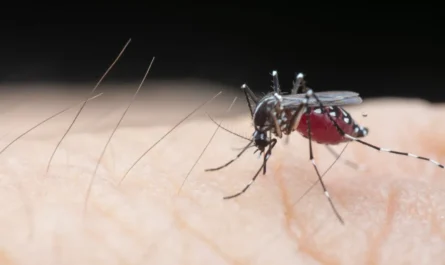Immunotherapy, a revolutionary cancer treatment that leverages the immune system to combat cancer, has shown remarkable success in fighting lung cancer, melanoma, and other types of cancer. However, only approximately 20% of cancer patients respond positively to this treatment. Researchers are actively seeking ways to expand the reach of immunotherapy to benefit a larger patient population.
In a recent study published in Science Immunology on May 17, 2023, scientists at Washington University School of Medicine in St. Louis discovered that a specific strain of gut bacteria, Ruminococcus gnavus, can significantly enhance the impact of Cancer Immunotherapy in mice. This research opens up new avenues for utilizing gut microbes to unlock the full potential of immunotherapy in cancer treatment.
The microbiome plays a crucial role in orchestrating the immune system’s response against cancer cells. According to the study’s senior author, Marco Colonna, MD, the Robert Rock Belliveau, MD, Professor of Pathology, “Our findings shed light on one bacterial species in the intestine that aids an immunotherapy drug in eliminating tumors in mice.” Identifying such microbial partners is a crucial step in developing probiotics to improve the efficacy of immunotherapy drugs and ultimately benefit more cancer patients.
Cancer immunotherapy relies on the body’s immune cells to identify and destroy tumors. One such treatment involves the use of immune checkpoint inhibitor drugs, which release the natural restraints that keep immune T cells in check, preventing the body from attacking its own cells. However, some tumors employ mechanisms to suppress the attacking immune cells, thereby diminishing the effectiveness of these inhibitors.
*Note:
1. Source: Coherent Market Insights, Public sources, Desk research
2. We have leveraged AI tools to mine information and compile it



